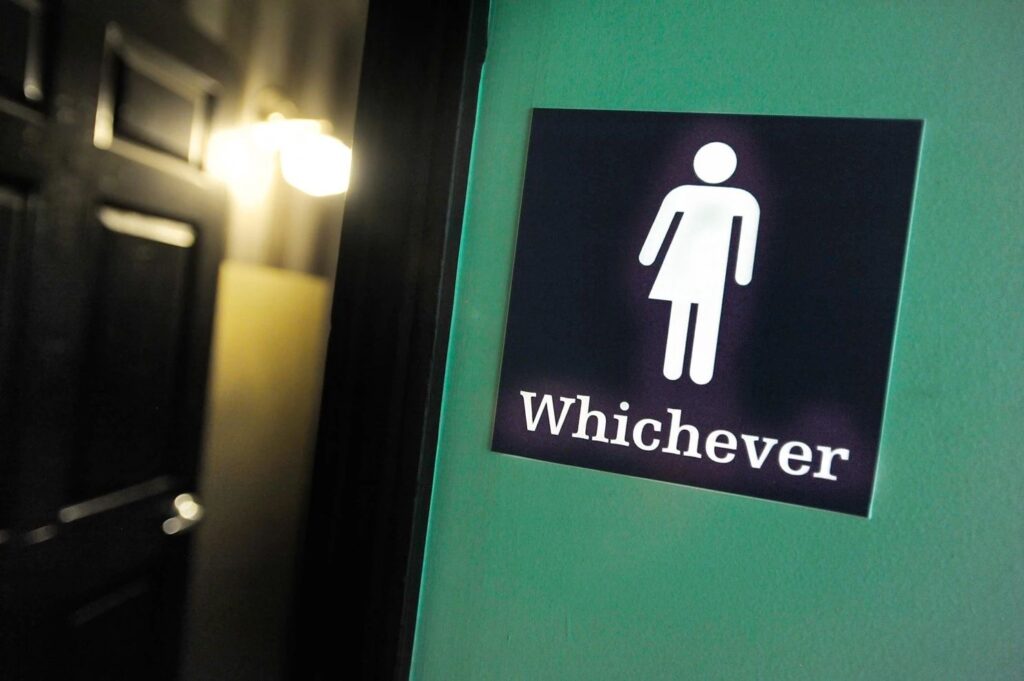House Democrats OK substance abuse intervention for Colorado middle, high schools

A proposal crafted by teenagers that seeks to offer substance abuse intervention guidelines to Colorado schools received approval on Wednesday from the state House.
If passed into law, House Bill 1009 would create a committee tasked with developing best practices for middle and high schools to identify students who need substance use treatment, offer intervention and refer the students to treatment resources.
House lawmakers voted 45-19 to advance the bill, sending it to the Senate for further consideration.
“Substance use is pervasive among Colorado youth,” said Rep. Mandy Lindsay, D-Aurora, who is sponsoring the bill. “Many substance abuse programs in schools, currently and in the past, are aimed at prevention rather than intervention. And while prevention is necessary, intervention is also key.”
Colorado is the seventh most prevalent state for substance abuse in the country, according to a 2022 study. Colorado teenagers are also 37.4% more likely to have used drugs in the last month and 15.1% more likely to use alcohol than the average American teenager, according to the National Center for Drug Abuse Statistics.
Republican opponents raised issue with the bill not explicitly requiring the best practices developed by the committee to include notifying a student’s parents if the student is abusing substances.
The bill aims to combat the use of alcohol, nicotine, marijuana, prescription drugs and illicit drugs. The committee would have until Jan. 5, 2024 to submit its report to every school district and charter school in the state, as well as the Colorado Department of Education. The committee would consist of 18 people, including students, parents, school staff and medical professionals.
The bill came from the Colorado Youth Advisory Council, a group of local teenagers chosen to advise and recommend policies to lawmakers to address youth issues.
Bhavya Surapaneni, a senior at Rock Canyon High School, is one of the teens behind the bill. Surapaneni said it is the norm to walk in on her fellow students vaping in the bathrooms, hear stories of their weekend binge drinking and occasionally watch her peers be suspended for possessing illicit drugs – sent home with nothing more than a brochure on the dangers of substance abuse.
Though they’ve received education aimed at preventing substance use since middle school, Surapaneni said substance abuse still runs rampant among her peers, and efforts to help students who already struggle are “virtually nonexistent.”
“Intervention is not a priority in many schools, including mine,” Surapaneni said. “Substance abuse is pushed to the side, dealt with as quickly and quietly as possible, without any emphasis on treatment.”
While the bill received unanimous bipartisan approval from the Colorado Youth Advisory Council interim committee in September, all Republican House members voted against the bill on Wednesday. All Democrats voted in support.
Rep. Ken DeGraaf, R-Colorado Springs, initially raised issue with the bill’s safety clause, which would have made the bill take effect immediately upon signage instead of after the usual 90-day wait period. Safety clauses are typically applied to bills determined necessary for the “immediate preservation” of public health or safety.
DeGraaf said the safety clause was being “badly abused,” introducing an amendment to remove it from the bill. Though the amendment passed, DeGraaf still voted against the bill, this time criticizing the bill for giving the created committee the power to distribute the substance abuse intervention guidance they create without requiring further legislative approval.
“It’s more of a blank check than a bill,” DeGraaf said. “I would like to see the legislation that we’re looking to approve beforehand.”
Under the bill, the committee would start by building off of and modifying the state’s existing Screening, Brief Intervention and Referral to Treatment (SBIRT) Program, which is already in place at some of Colorado’s school-based health centers and is designed to detect early substance use disorders in students and refer them for treatment. The bill would not implement any programs in schools, leaving the final decision up to the schools and school districts.
More than a dozen organizations registered in support of the bill, including Children’s Hospital Colorado, the Colorado Education Association, Colorado Psychiatric Society, Colorado Society of School Psychologists, Peer Assistance Services and Mental Health Colorado. No groups are opposing the bill.
The bill will next be sent to the Senate for another vote in the coming weeks. If passed, it will require the governor’s approval before taking effect in August.














